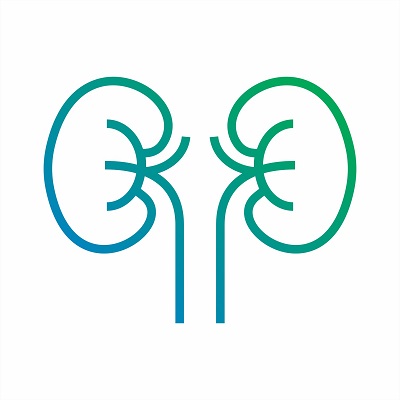
Kidney diseases refer to a range of conditions that impair the function of the kidneys, which are essential for filtering waste, regulating fluid balance, and maintaining electrolyte levels in the body. Common kidney diseases include chronic kidney disease (CKD), where the kidneys gradually lose function over time, and acute kidney injury (AKI), which is a sudden loss of kidney function often caused by trauma, infection, or dehydration. Other conditions include kidney stones, which are hard deposits that form in the kidneys, and glomerulonephritis, an inflammation of the kidney’s filtering units. Symptoms of kidney disease may include fatigue, swelling, changes in urine output, high blood pressure, and back pain. Risk factors for kidney disease include diabetes, hypertension, a family history of kidney problems, and certain medications. Diagnosis typically involves blood tests to measure kidney function, urine tests, and imaging studies. Treatment options vary depending on the underlying cause and may include medications, lifestyle changes, dialysis, or in severe cases, a kidney transplant. Early detection and management are crucial in slowing the progression of kidney disease and preventing complications.
Get Instant Call back in 15 minutes
